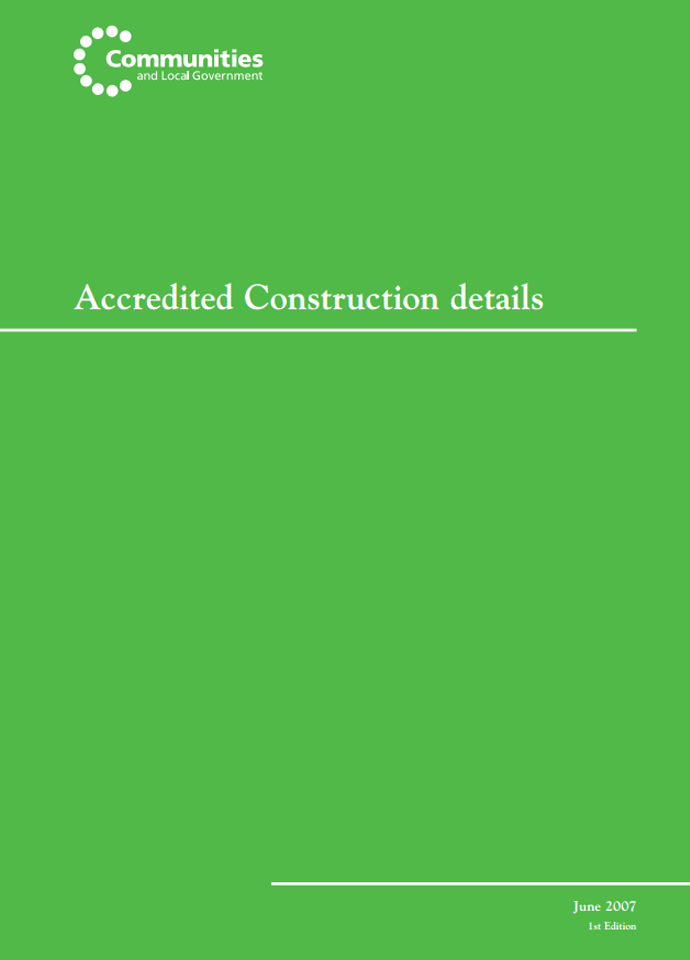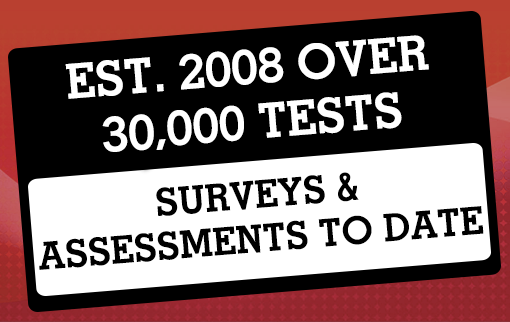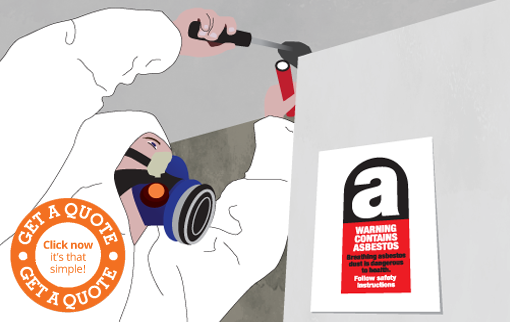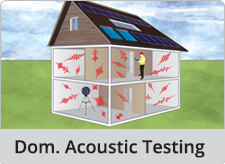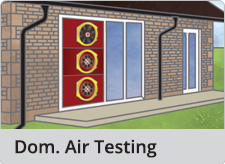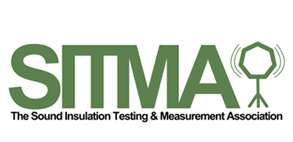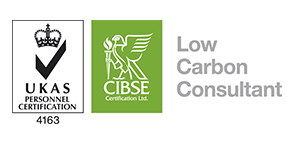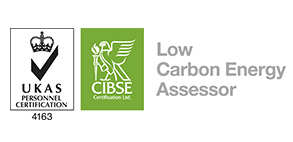Offices Nationwide

Air Testing & Leakage
Air Pressure Testing is not just for new-builds, it can be used to find leakage areas in existing buildings, improve the air tightness and improve/stop drafts..more

Sound Privacy
Privacy describes the perceived sound reduction across a wall, a function of both sound insulation and background noise...more
Somerset - Commercial P402R Asbestos Survey - 01752 687 017
The office that covers this area is: Plymouth
The towns & cities that are covered within this county are:
Axbridge, Bridgwater, Bruton, Burnham on Sea, Castle Cary, Chard, Cheddar, Crewkerne, Dulverton, Dunster, Exford, Farrington Gurney, Frome, Glastonbury, Highbridge, Hinton St George, Ilchester, Ilminster, Langport, Long Sutton, Martock, Meriott, Midsomer Norton, Minehead, Montacute, Porlock, Radstock, Shepton Mallet, Shoreditch, Somerton, South Petherton, Sparkford, Stoke Sub Hamdon, Street, Taunton, Watchet, Wellington, Wells, Williton, Wincanton, Winsford, Yatton, Yeovil,
Phone Number: 01752 687 017 Email: somerset@e2consultants.co.uk
Asbestos_Survey is sometimes referred to as Fire Risk Assessment, Fire Risk Assessment, Fire Risk Assessment, Fire Risk Assessment, Fire Safety.
What Is Asbestos?
The trade and use of asbestos has been restricted or banned in many jurisdictions in Somerset. Asbestos is basically a set of six naturally occurring silicate minerals used for their desirable physical properties. Though mined from rock, when broken down it breaks apart into tiny fibres.
There are 6 types of asbestos - but only 3 have been widely used in building materials: white (Chrysotile), brown (Amosite) and blue (Crocidolite). Strictly speaking blue is the most dangerous, followed by brown and then white.
Asbestos Legislation
Employers must undertake risk assessments before commencing work which exposes, or is liable to expose, employees to asbestos. This risk assessment must include:
- A plan of work detailing how the work is to be carried out
- Indication of any asbestos-related issues
- Provide solutions to these issues
- How to prevent exposure to asbestos or reduce it to as low a level as is reasonably practicable
Under the Control of Asbestos Regulations 2012, it's the duty of the site owner of a commercial premise to identify and manage asbestos in and around the property.
Where Can Asbestos Be Found?
- Toilet cisterns can contain asbestos-reinforced resin materials
- Insulation in floor and wall cavities, lofts and insulating boards
- Artex or similar decorative / textures coating on ceilings and sometimes walls
- External / internal wall panelling particularly around windows
- Water tanks can be made from asbestos cement and is often found in pre-1980 houses
- Flash Guards on fuse wires and panelling behind fuse boxes
- Sprayed fire insulation
- Floor tiles, mastics and sealants
- Pipe works, boilers, ducts and heat exchanges
What's Involved In An Asbestos Survey?
An asbestos management, or type 2, survey will have one of surveyors taken samples of suspected asbestos throughout a building before sending them off to a lab. Whilst at the property, each room and the materials used will be noted. If a room is locked or otherwise inaccessible this will be noted too as there will remain a possibility of asbestos within.
A refurbishment/demolition survey, formally a type 3 survey, will be, as the name suggests, more destruction than a management survey. This will involve a surveyor accessing areas where future work is to be undertaken by knocking through a wall or drilling into floor slabs. This is to ensure that when the property is destroyed or altered that the next team in won't risk tampering with asbestos themselves that could be damaging to their health.
Surveyor Qualifications
Our experienced asbestos team that covers Somerset are qualified asbestos management, refurbishment and demolition surveyors for industrial, commercial and domestic buildings. We can also undertake a Commercial EPC at the same time to provide you with a cost-effective package deal where needed.
All of our surveyors are holders of the BOHS (British Occupational Hygiene Society) P402 qualification - the statutory proficiency certificate in 'Building Surveys and Bulk Sampling for Asbestos'. E2 Consultants have a professional and friendly approach and our surveying team are here to help. We will work with you to create a cost-effective method and approach to your situation, to speak to one our consultants call now on 0800 043 8100 or send your query to Asbestos-Survey@e2consultants.co.uk.
Our other services include:
Commercial P402R Asbestos Survey can also be known as:
P402R Asbestos Survey, Commercial Asbestos Management Survey, Commercial Asbestos Refurbishment Survey, Commercial P402 Asbestos Survey, Asbestos Survey, Commercial Asbestos Demolition Surveys, Asbestos Demolition Survey, P402 Asbestos Survey, Commercial Asbestos Survey, Asbestos Management Survey, Asbestos Refurbishment Survey,


Copyright 2025 E2 Specialist Consultants Limited
Company No. 06728970













